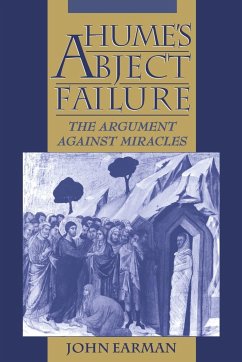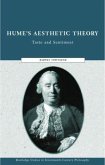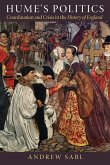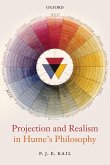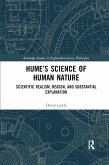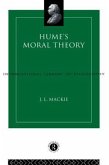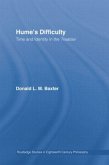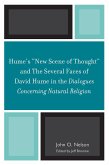By situating Hume's famous work "Of Miracles" (which notoriously argues against the possibility of miracles) in the context of the 18th century debate on miracles, Earman shows that Hume's argument is largely unoriginal, and largely without merit where it is original. On the positive side, he shows how progress can be made on the issues, so provocatively posed in Hume's essay, about the ability of eyewitness testimony to establish the credibility of marvelous and miraculous events. Earman's work is simultaneously a contribution to the history of ideas, the philosophy of religion, and to probability and induction.
This vital study offers a new interpretation of Hume's famous "Of Miracles," which notoriously argues against the possibility of miracles. By situating Hume's popular argument in the context of the eighteenth-century debate on miracles, Earman shows Hume's argument to be largely unoriginal and chiefly without merit where it is original. Yet Earman constructively conceives how progress can be made on the issues that Hume's essay so provocatively posed about the ability of eyewitness testimony to establish the credibility of marvelous and miraculous events.
Hinweis: Dieser Artikel kann nur an eine deutsche Lieferadresse ausgeliefert werden.
This vital study offers a new interpretation of Hume's famous "Of Miracles," which notoriously argues against the possibility of miracles. By situating Hume's popular argument in the context of the eighteenth-century debate on miracles, Earman shows Hume's argument to be largely unoriginal and chiefly without merit where it is original. Yet Earman constructively conceives how progress can be made on the issues that Hume's essay so provocatively posed about the ability of eyewitness testimony to establish the credibility of marvelous and miraculous events.
Hinweis: Dieser Artikel kann nur an eine deutsche Lieferadresse ausgeliefert werden.

